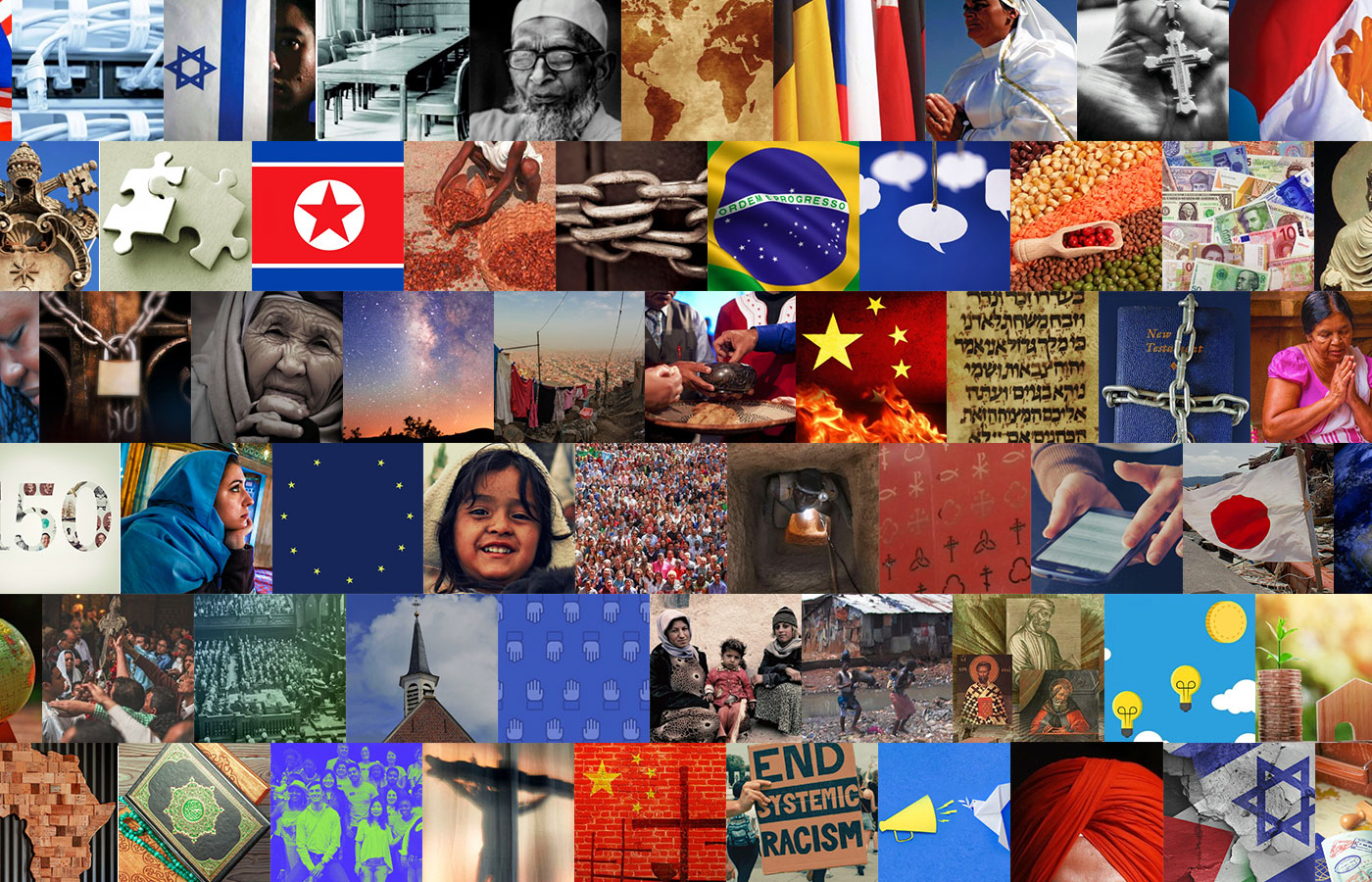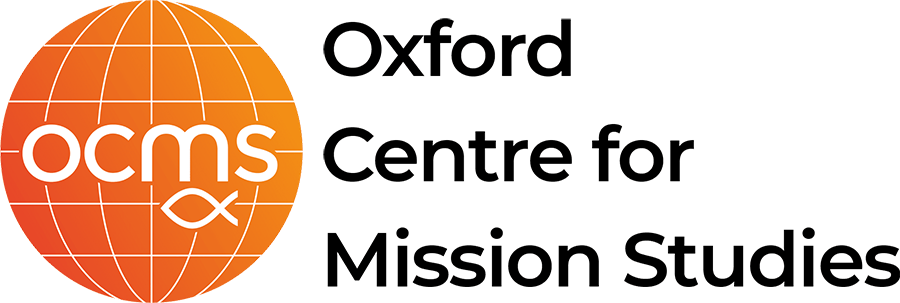Lausanne Global Analysis (LGA) was launched ten years ago[1] following the Third Lausanne Congress on World Evangelization, also known as Cape Town 2010. Its purpose was to fortify the vision of the Lausanne Movement—”The whole church taking the whole gospel to the whole world”—by means of a bold strategy shaped by profound missiological, cultural, and theological reflection.
Two important arms of the Lausanne Movement, the Theology Working Group and the Strategy Working Group, reflect the shared priorities of the two great men used by God to launch and shape the movement: Billy Graham, one of the world’s most influential evangelists—a strategist, and John Stott, the prolific writer and preacher—a theologian.
Graham and Stott both believed that all theological reflection must find expression in mission activity, and all mission action must be theologically grounded. The two are inseparable.
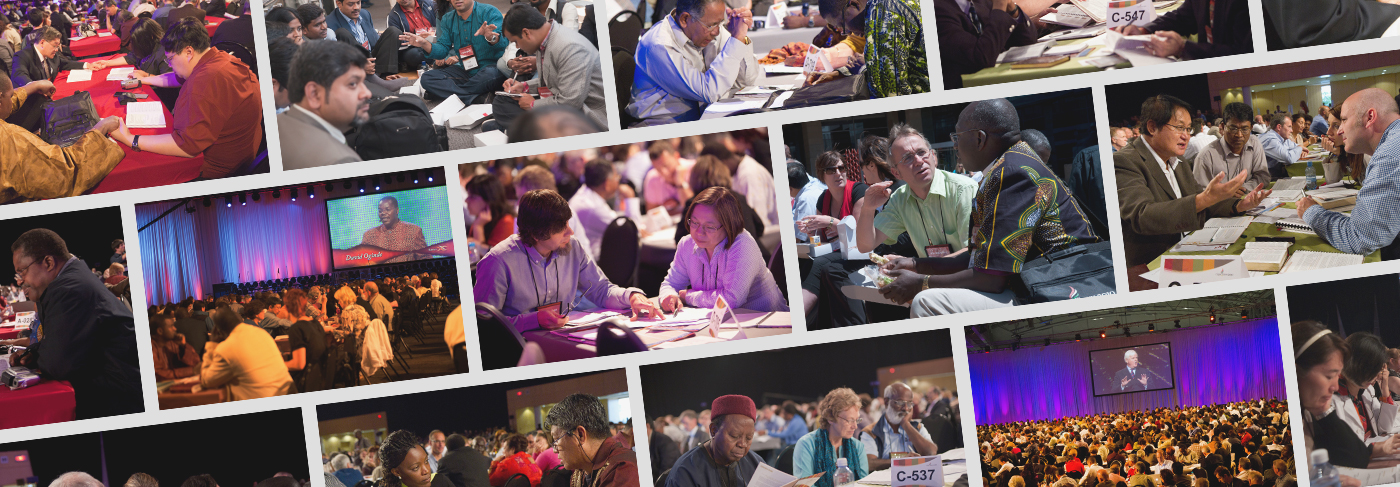
Genesis
LGA was designed to provide a ‘global table group’ where key participants at Cape Town could continue conversations after they were scattered. This was a means to help translate the vision and priorities of the Congress as articulated by The Cape Town Commitment[2] into transformational mission progress.
In our polycentric world, LGA conversation partners were to comprise three circles of leadership and influence:
1
Lausanne global catalysts and their networks of mission collaborators came together because of their expertise in relation to one of the commitments in the Congress document.
2
The twelve Lausanne regional directors would provide regional perspective on global issues and also help to disseminate information, analysis, and practical strategy to practitioners in their respective regions.
3
The Theology Working Group and the Strategy Working Group would work to ensure that highly motivated doers who often develop grand plans with a sense of urgency would carry out their strategies in a way that was characterized by biblical fidelity and theological integrity.
Two global organizations, both based in Oxford, played major roles in the development of LGA:
The Oxford Centre for Mission Studies (OCMS) was where I (Doug) was engaged in PhD research during the whole time that I was leading the Lausanne Movement. I found the weekly research seminars that brought together PhD students from around the world to be some of the most rigorous and contentious, but always enlightening, discussions of mission issues that I had ever experienced. As a research centre, it naturally tilted heavily to the theoretical side of the equation.
Oxford Analytica is a consultancy founded by David Young. Its working premise is that good people make good decisions when they have good information; and, conversely, good people make bad decisions when they have poor or inadequate information. Oxford Analytica engages scholars from around the world in the fields of economics, history, and politics to provide daily analysis on the key national, regional, and global issues, helping decision makers understand their significance and implications. It moves from the academy to the real world of business and government where major decisions must be made in real time.
Mission leaders, like government and business leaders, are overloaded with information. The 24/7 news cycle can bury us with information and data. LGA is designed to provide depth of analysis combined with breadth of global perspective to help church and mission leaders to make strategic decisions with the confidence that they are well-informed globally, strategically, and theologically. Through LGA we have sought to emulate the men of Issachar who ‘understood their times’ (analysis, reflection, theology) and ‘knew what Israel should do’ (strategy, engagement, practice).
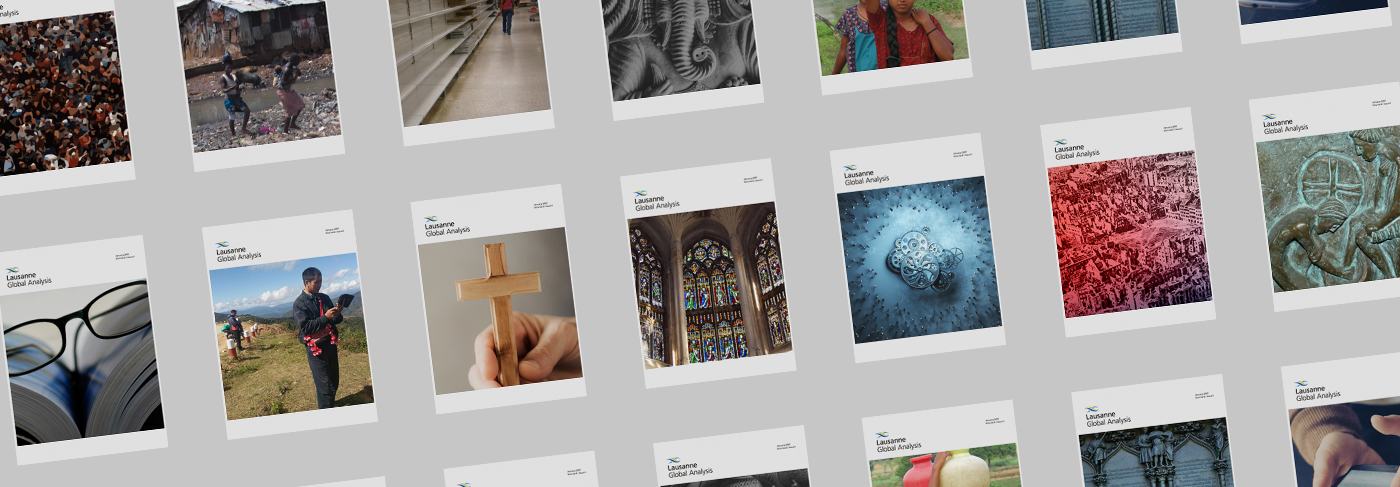
LGA Distinctives
During the initial discussions, we worked through in more detail the specific purpose of LGA: to deliver strategic and credible analysis, information, and insight from an international network of evangelical analysts so that Christian leaders would be equipped for the task of world evangelization.
In other words, we were setting out to help leaders do their jobs better and to aid their decision-making by providing them with analysis of current and future trends and developments which will affect their operations. Even if an article came from a specific context, we asked the author to consider implications for a global readership.
From there we developed a distinctive modus operandi and editorial style that have served us well over the last 10 years. Here are some key features:
- Producing high-class analytical journalism, not academic articles.
- Always keeping the reader in mind, including those who are not reading articles in their first language.
- Seeking reader feedback periodically.
- Using clear and concise prose, short sentences, and the active voice, and avoiding an academic style.
- Concise word length (usually 1,800 or so maximum) to suit busy readers.
- A focus on answering key questions for readers: What is happening? Why is it happening? Why is it important? What will happen next and why? What is a long-term outlook? What are the policy implications? How will this affect my (our audience’s) operations? Are there any possible responses?
- Ensuring that articles are as forward-looking as possible and are as bold as possible in their predictions while maintaining rigour.
- Translating when resources allow (LGA is now available in Portuguese, Spanish, French, and Korean, besides English).
- Improving layout and design and providing infographics, etc., as resources allow.
A key element has been the role of our Editorial Advisory Board, whose members have given us good advice, ideas for articles, and access to their networks of potential writers. As representatives of the worldwide church, they have also helped to ensure that our focus remains global and that we do not neglect regions or issues or fall into the trap of an overly Western focus or perspective. Achieving diversity of board members and contributing authors has been a priority from the start.
One of the big issues that we have debated over the years is the balance in LGA articles between ‘external’ subjects (the impact on mission and ministry of some major trend or event that has manifested in the world) and ‘internal’ pieces focused on new developments or new thinking about ministry and mission from within the body of Christ. Our readers, when polled, have been fairly evenly split on this issue. Certainly publishing internal pieces has helped us to connect LGA better with Lausanne events, discussions, fora, issue groups, and other content streams in recent years. On the other hand, external pieces were the main original impetus for the LGA. We need to continue to strike a balance.
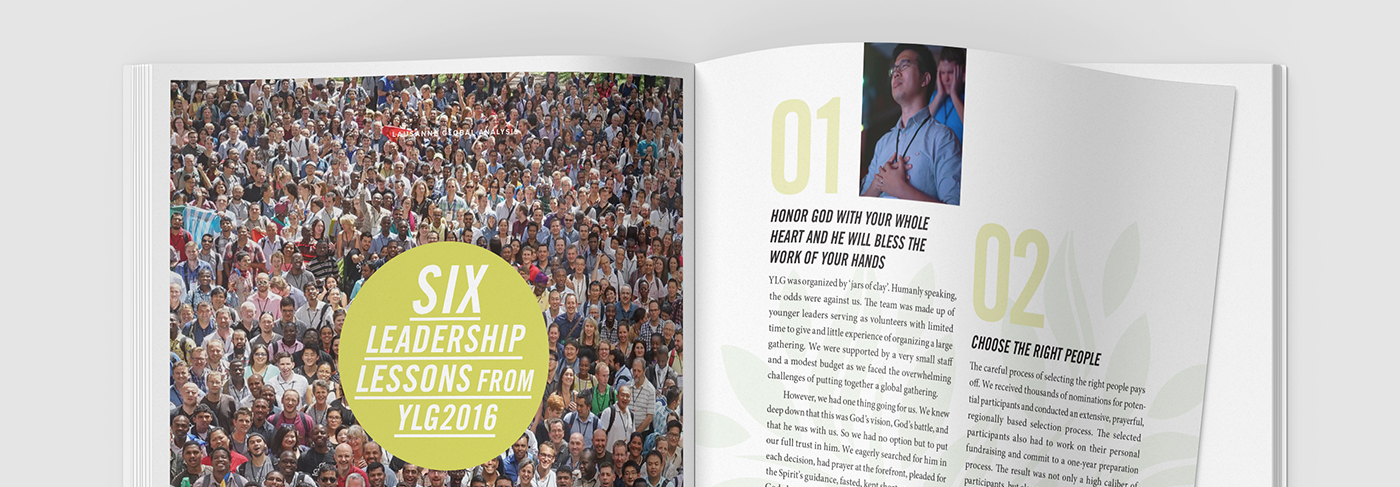
Future Role
Looking at the global context of Lausanne in the next 10 years, what is the role of LGA?
The Lausanne Movement has recently announced that the Fourth Lausanne Congress on World Evangelization will be held in Seoul, South Korea, in September 2024. The theme for this Congress is ‘An Opportunity to Listen, Gather and Act–Together’. As explained in the announcement:
The global church is at a critical point in needing to consider both its unity and witness in the world as we seek to achieve the vision of seeing the gospel reach every person, disciple-making churches for every people and place, Christ-like leaders in every church and sector, and kingdom impact in every sphere of society.[3]
‘The future of mission is polycentric (from everyone to everywhere), and the entire global church—whether denominational or geographic or age or gender or ethnicity—needs to work together to bring the gospel to the nations’, says Allen Yeh, professor of intercultural studies and missiology at Biola University.[4]
Global church and mission leaders should encourage greater and deeper intercultural partnerships—such as that between churches and mission organisations in the Global South and the Global North—as well as intergenerational partnerships. Intercultural and intergenerational partnerships will work well only if there is a strong emphasis on relationship, reflecting mutuality and reciprocity. All will be invited to the ‘global table group’. The purpose is to give each participant equal standing in a discussion, enabling them to contribute their perspectives and ideas freely and fully to the conversation. LGA should be a key part of this.
Intentionality is key to make this happen:
- There is intentional diversity in culture, gender, and age in the membership of the LGA Editorial Advisory Board, which sources a diversity of authors and articles for each issue.
- We will work more closely with Lausanne regional directors to ensure voices from their respective regions are being heard.
- We will collaborate with the leaders of Lausanne catalysts and issue networks to analyse contemporary global mission trends and issues in the articles.
- Through Lausanne’s Younger Leaders Generation (YLGen), we will partner strategically with younger leaders to encourage articles from their generation of thinkers.[5]
- Lausanne has embarked on a systematic listening process, by regions, issues, and generations. ‘Through the process of listening and convening, we will call the church to collaborative action for the sake of the kingdom of God.’[6] The Lausanne Global Listening Team has commissioned several articles from the global church for forthcoming LGA issues. Let us listen with humility to global voices.
We hope and pray that the story of LGA could inspire our brothers and sisters in various regions to collaborate with one another, interculturally and intergenerationally, and to embark on their own analysis of events, issues, and trends in light of Scripture and God’s mission. Our hope and prayer is that this will provide practical guidance for evangelical decision-makers in their contexts and build bridges between God’s word and the world—as we have tried to do.
Endnotes
- Editor’s Note: read the first issue of Lausanne Global Analysis in November 2012, https://lausanne.org/category/content/lga/2012-11.
- Editor’s Note: ‘The Cape Town Commitment,’ https://lausanne.org/content/ctc/ctcommitment.
- ‘Seoul 2024: An Opportunity to Listen, Gather and Act –Together: Announcing the Fourth Lausanne Congress on World Evangelization,’ Lausanne Movement, May 4, 2022, https://lausanne.org/news-releases/seoul-2024-announcement.
- See article by Allen Yeh, entitled ‘The Future of Mission is from Everyone to Everywhere,’ in the January 2018 issue of Lausanne Global Analysis, https://www.lausanne.org/content/lga/2018-01/future-mission-everyone-everywhere.
- Editor’s Note: see article by Nana Yaw Offei Awuku, ‘Engaging an Emerging Generation of Global Mission Leaders’ in the November 2016 issue of Lausanne Global Analysis,https://lausanne.org/content/lga/2016-11/engaging-an-emerging-generation-of-global-mission-leaders.
- Lausanne Movement, https://lausanne.org/news-releases/seoul-2024-announcement.
